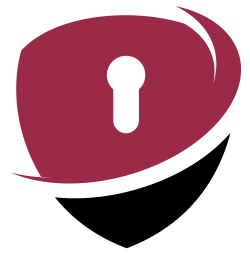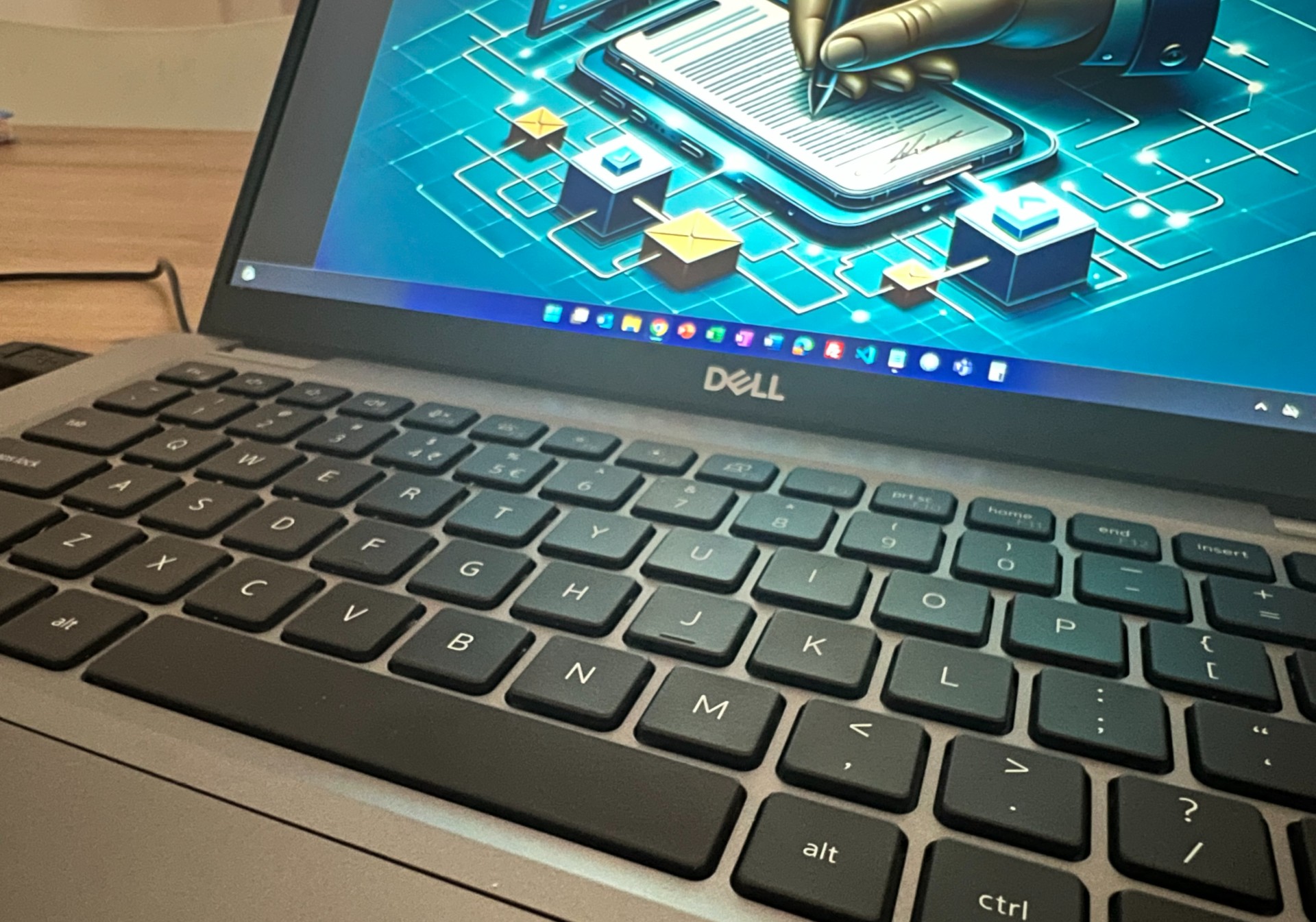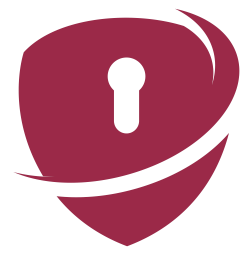A digital signature, or rather a digital certificate and digital seal in Montenegro, is an area that is still in the development phase despite the law being passed back in 2017. One of the primary reasons this advanced identification system is not more widely used is the lack of services that assume the use of digital signatures and seals. When it comes to online security and data privacy, this technology is incomparably more advanced than the outdated system of manual signing and document authentication.
To clarify the advantages of digital signatures and seals in modern society, as well as Montenegro’s standing in this area, you will find the following information below:
- What is a digital signature or digital certificate?
- What is a digital seal?
- How do digital signatures and seals affect security?
- How to obtain a digital signature and seal in Montenegro?
What is a digital signature or digital certificate?
We live in the era of digital communications, where many services are available online or can be made available online. To ensure that remote identification is as authentic and secure as possible, a system of digital signatures was devised, utilizing cryptographic methods with the primary purpose of reliably confirming a set of data about the user’s identity.
Besides guaranteeing the identity of the signer, a digital signature also ensures that the content of the document has not been altered after signing. This is something that cannot be achieved with traditionally signed documents, where forgery is one of the most common forms of abuse.
In addition to securely preserving user identity data and ensuring the integrity of the document’s content, the digital signature provides a reliable means of confirming that the document was signed by the person whose signature it bears. In this sense, the electronic signature guarantees that its use cannot be later denied.
What is a digital seal?
Like a digital signature, a digital seal serves as a replacement for the traditional seal, which verifies the identity of the entity certifying the document and confirms that the document has not been altered after sealing. Unlike the digital signature, which is mostly used by individuals, the digital seal is intended for the electronic identification of legal entities.
In the business world, this type of digital certification accelerates numerous processes within companies, as well as for end users, where the exchange and use of services can be conducted from any point on the planet.
How do digital signatures and seals affect security?
Digital signatures use cryptographic techniques to protect documents. Unlike handwritten signatures that can be easily forged, digital signatures are mathematically linked to the document and are valid only if certain cryptographic conditions are met. Advanced encryption ensures that the document cannot be altered after it has been signed, providing an additional layer of security for sensitive data.
By applying a digital signature, the signer’s identity is verified through digital certificates issued by authorized certification authorities (CAs). This certificate serves as proof that the person signing the document is indeed who they claim to be. In a world filled with threats such as identity theft and cyberattacks, digital signatures provide a crucial layer of verification, ensuring that only authorized individuals have access to your sensitive information.
How to obtain a digital signature and seal in Montenegro?
In Montenegro, there are several ways to obtain a digital signature and seal. Since 2022, Montenegro has introduced an electronic ID card, allowing all citizens, in addition to standard identification, the option to activate their electronic identification certificate, i.e., their digital signature. The Montenegrin electronic ID card includes all the functionalities of the European citizen’s card, enabling its use in electronic business both nationally and at the European level.
In addition to the digital signature available through the electronic ID card, Montenegrin citizens can obtain various types of signatures and seals from companies registered as certification authorities (CAs) – these include the Montenegro Post, Crnogorski Telekom, and CoreIT.
Additional services to accelerate the use of digital signatures and seals
Wider adoption of digital signatures and seals requires a reliable infrastructure and access to specialized services that enable secure and easy use of this technology. These services must be accessible, secure, and easy to use to allow for the simple generation, verification, and validation of digital signatures. By introducing such services, the complexity of using digital signatures and seals would be reduced, facilitating their application in daily business and legal transactions.
In addition to technical infrastructure, the development of educational and user services is crucial for raising awareness of the advantages of digital signatures and seals and how they can be implemented. It is necessary to introduce both government and private services that allow for the efficient and secure management of these technologies, such as electronic systems for the verification and archiving of documents. Only then can we expect digital signatures and seals to achieve wider application and significantly improve the security and efficiency of digital business operations.


